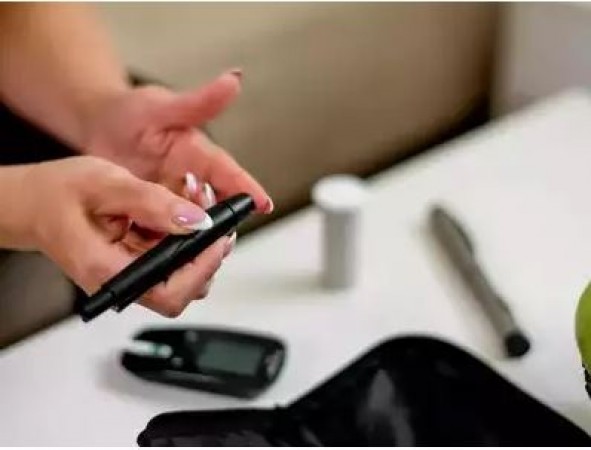
Diabetes, a chronic condition affecting millions worldwide, often develops gradually, making its early detection crucial. Identifying symptoms at the onset can lead to timely intervention, preventing potential complications. Here's a comprehensive guide on recognizing the early signs of diabetes.
Experiencing excessive thirst, even after drinking ample fluids, could signal high blood sugar levels. This symptom, known as polydipsia, often accompanies diabetes.
High blood sugar levels prompt the kidneys to work harder to filter excess glucose, leading to increased urination. If you find yourself making more bathroom trips than usual, it might be a sign of diabetes.
Despite consuming regular meals, individuals with diabetes may experience persistent hunger. This sensation arises when cells don't receive adequate glucose due to insulin resistance or insufficient insulin production.
Sudden weight loss without changes in diet or exercise could indicate diabetes. When cells don't receive enough glucose, the body resorts to burning fat and muscle for energy, resulting in weight loss.
Feeling tired and lethargic, even after sufficient rest, might be a sign of diabetes. Elevated blood sugar levels disrupt the body's energy metabolism, leading to fatigue and weakness.
High blood sugar levels can cause fluid imbalances in the eyes, resulting in blurred vision. If you notice changes in your eyesight, particularly sudden blurriness, it's essential to consult a healthcare professional.
Diabetes affects the body's ability to heal wounds due to impaired circulation and immune function. If cuts, bruises, or infections take longer than usual to heal, it could indicate underlying diabetes.
Diabetes-related nerve damage, known as neuropathy, can cause tingling, numbness, or burning sensations, particularly in the hands and feet. This symptom often develops gradually but should not be ignored.
Individuals with diabetes are more susceptible to infections due to compromised immune function. Recurring infections, particularly in the skin, gums, or urinary tract, could be an early indicator of diabetes.
If you experience any of these symptoms, it's crucial to consult a healthcare professional for proper evaluation and diagnosis. Early detection and management of diabetes can help prevent complications and improve overall health outcomes. Identifying the early signs of diabetes empowers individuals to take proactive steps towards managing their health effectively. By recognizing symptoms such as increased thirst, frequent urination, and unexplained weight loss, individuals can seek timely medical evaluation and initiate appropriate treatment. Early intervention plays a pivotal role in preventing complications and maintaining optimal health.
Why does dandruff not leave some people even in summer?
Eat these things in salad, there will be no loss of water...your face will also glow